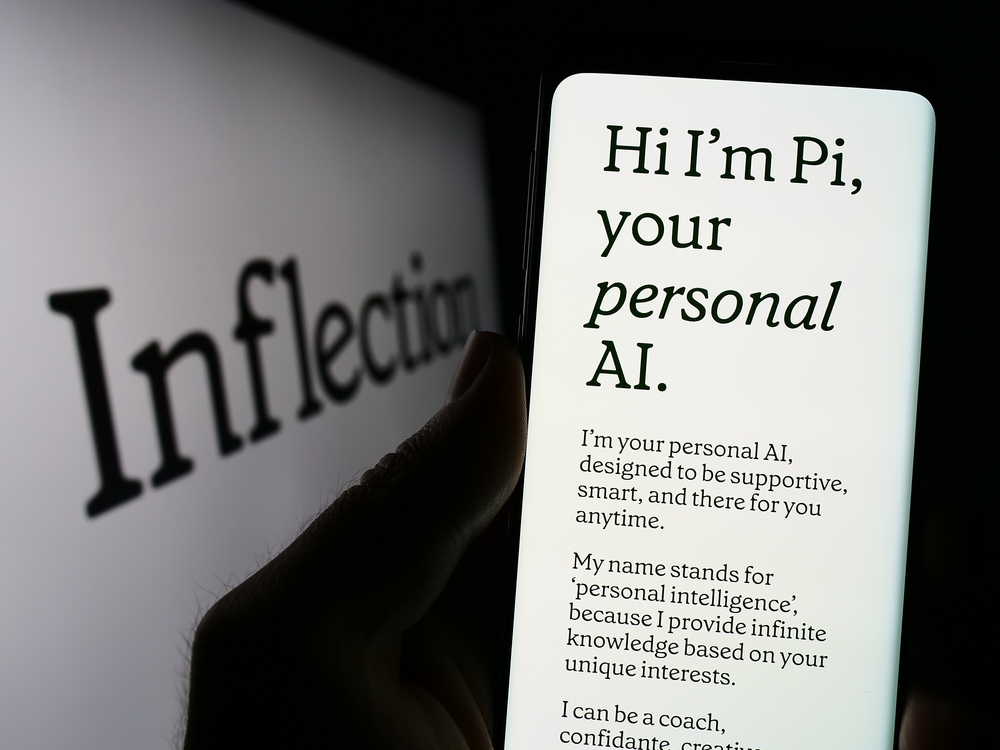Mustafa Suleyman, co-founder of Google DeepMind and CEO of AI startup Inflection AI, believes that the industry’s future lies in interactive bots.
“Generative AI is just a phase,” Suleyman said in a recent interview with MIT Technology Review.
“What’s next is interactive AI: bots that can carry out tasks you set for them by calling on other software and other people to get stuff done.”
According to Suleyman, this transition signifies a “profound moment in the history of technology,” which many people may underestimate – a topic discussed in his new book The Coming Wave.
Upcoming interactive AI agents will be able to initiate actions autonomously if permitted, relinquishing models from static ‘containers’ such as web browsers.
Suleyman’s own venture, Inflection AI, has already made in-roads in developing interactive AI, securing over $1.5 billion in investment. Inflection is currently in the process of building one of the world’s largest AI training stacks, consisting of an eye-watering 22,000 Nvidia H100 GPUs.
Inflection’s current product is Pi, a chatbot designed to engage in conversations and provide personal advice.
Unlike existing conversational AIs like ChatGPT, Pi aims to evolve into a tool capable of executing tasks autonomously, embracing the vision that Suleyman champions for the future.
Ethics in the era of interactive AI
During the interview, Suleyman also tackled the complex ethical considerations around such autonomous action.
“Safety and control have been our foremost priorities,” he emphasized. Like most public chatbots, Pi has built-in limitations to prevent harmful or unintended actions.
The bot will not engage in certain types of conversations, such as romantic role-play, focusing instead on providing meaningful, safe interactions.
Some AIs designed for interpersonal communication – notably Replika – have come under fire for warping how chatbots should behave. Replika gained a reputation for sexually harassing users and even seemed to encourage someone to assassinate Queen Elizabeth II.
While the notion of AI agents carrying out tasks autonomously might be compelling, it raises fresh concerns about control and oversight.
Suleyman acknowledges this dilemma, stating that it’s essential for humans to remain in the driver’s seat.
“We set the boundaries; the AI operates within those parameters,” he clarified, suggesting that independent institutions or even governments may need to step in to ensure these limits are adhered to.
As we stand at the cusp of what Suleyman believes is a profound shift in AI, the coming years will likely reveal whether interactive AI can deliver on his visions.





